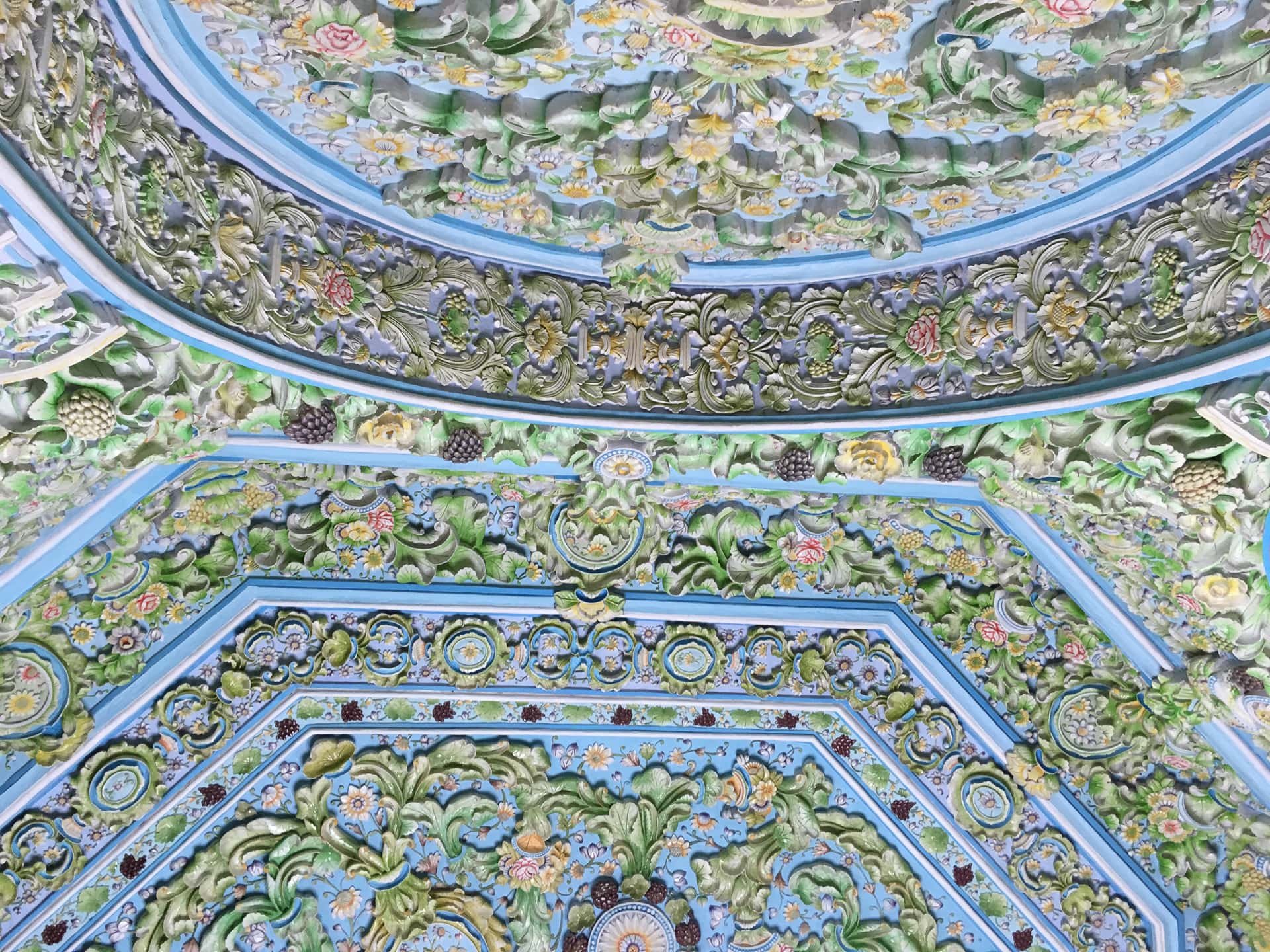Representations of aid
For much of the twentieth century, representations of aid were tied to the image of asymmetrical relations between ‘the West’ and ‘the Third World’. More recently, this picture has been diversified through attention to Cold War histories as well as flows of aid from China and the Gulf. However, in the wake of the Global War on Terror and the continuing marginalization of Muslim actors, there has been comparatively little interest in how large-scale Islamic organizations reconfigure and appropriate the modern project of aid for themselves.
Service and salvation
Quiet Aid explores the nexus between modern aid and longstanding Islamic concerns. The project does so by focusing on global Islamic organizations that place ideas of service and salvation at the centre of their ethical engagement. This theorizing of aid through service and salvation allows the project to examine the diversity of social practices, ambivalent moral genealogies and complex historical influences that have shaped Muslim approaches to aid. The specific space in which Quiet Aid is set is the Balkans-to-Bengal complex – an arena of Islamic interaction in and between Central Asia, South Asia and West Asia. In this space, the project follows circulations of people, textual exchanges and administrative contours of aid in societies from Turkey to Bangladesh as well as in interconnected diasporic sites.
Concepts of humanitarianism
Responding to a situation in which much public, political and academic attention remains centred on Western concepts of humanitarianism, Quiet Aid explores alternative humanitarian pathways, utopias and aspirations. The project thereby decentres the analyses of aid and pushes the theoretical inquiry from highly specialized sub-fields, such as development, humanitarianism and charity, towards a broader, anthropologically informed notion of doing good. Methodologically, Quiet Aid combines anthropological and historical approaches, employing ethnography, archival research, visual analysis and materiality to understand Muslim practices of aid in their full social and historical complexity. This enables the project’s researchers to shed light on globally relevant practices and systems of civic engagement that have long remained in the background. Highlighting these ultimately serves to unsettle widespread assumptions of a stable connection between the established aid world, ideas of liberalism and a singular vision of what constitutes a desirable society.

